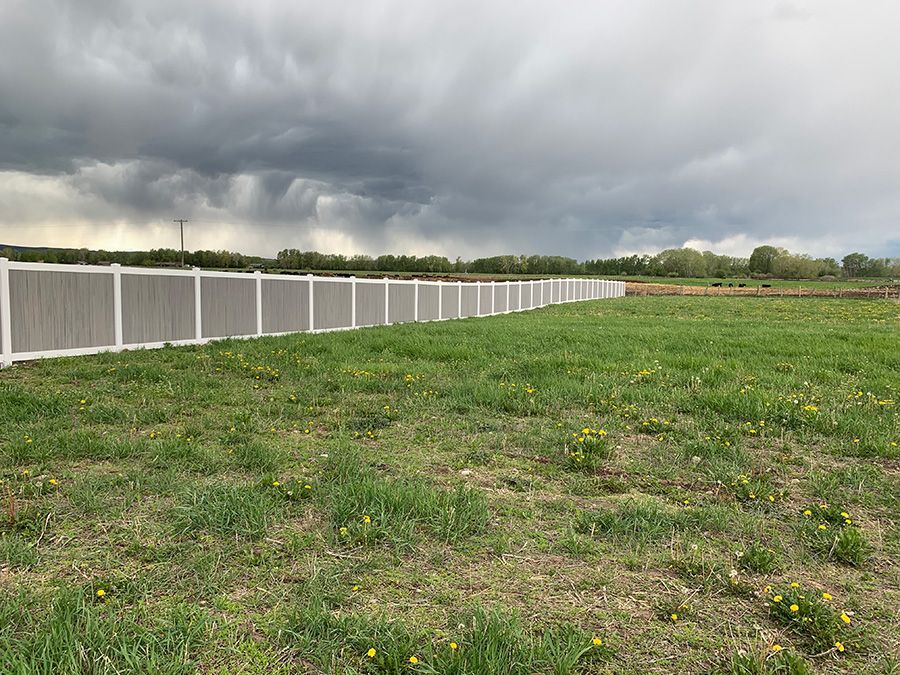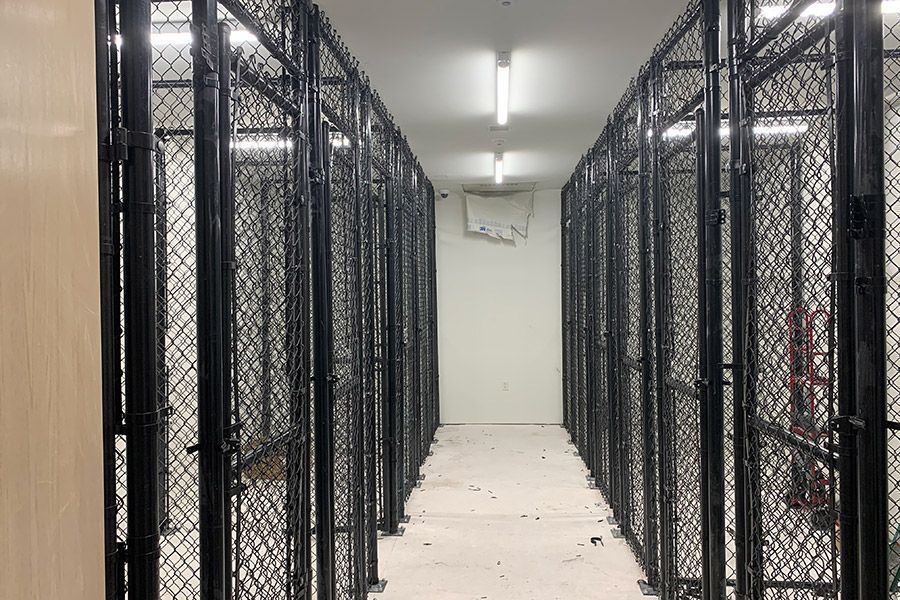The Value of Choosing Sustainable Materials
As environmental awareness grows, more homeowners are choosing eco-friendly fencing options to reduce their carbon footprint. Choosing sustainable materials not only helps the planet but can also elevate your property’s aesthetic appeal.
Sustainable fencing options usually use renewable resources, recycled materials, or low-impact production methods. These choices can significantly lower waste, energy use, and emissions compared to traditional fencing materials.
Bamboo Fences: An Eco-Friendly Alternative
Bamboo is a fast-growing, renewable resource that has emerged as a popular choice for eco-conscious homeowners. Its natural strength and aesthetic appeal make it a flexible fencing material. Here’s why bamboo is a leading option:
- Rapid Growth: Bamboo can grow up to 3 feet per day, making it a easily replenishable resource.
- Minimal Environmental Impact: Harvesting bamboo causes minimal disturbance than other wood types.
- Stylish Design: Bamboo fencing offers a warm look that complements a variety of landscaping styles.
Bamboo fences can be set up in panels or rolled options, making them adaptable for different fencing needs.
Recycled Fencing Materials: A Sustainable Choice
Recycled materials are another excellent choice for eco-friendly fencing. These options typically repurpose waste products into durable, attractive fences:
- Recycled Plastic: Made from post-consumer waste like bottles and containers, these fences are weatherproof.
- Composite Fencing: Combines recycled wood and plastic for a durable, wood-like appearance with minimal maintenance needs.
- Metal Fencing: Recycled aluminum or steel fences offer a sleek look while utilizing repurposed materials.
Using recycled materials not only keeps waste out of landfills but also reduces the need for virgin resource extraction.
Sustainable Fence Maintenance Practices
Eco-friendliness doesn’t stop with material selection; proper maintenance can also help reduce your fence’s environmental impact. Here are some ideas for sustainable upkeep:
- Use Natural Cleaners: Avoid chemical-based cleaners and opt for solutions like vinegar and water to clean your fence.
- Choose Low-VOC Paints or Stains: When refinishing, use products with low volatile organic compounds to reduce emissions.
- Repair Instead of Replace: Fixing damaged sections of your fence reduces waste and increases its lifespan.
With these practices, you can increase the longevity of your fence while staying committed to sustainability.

